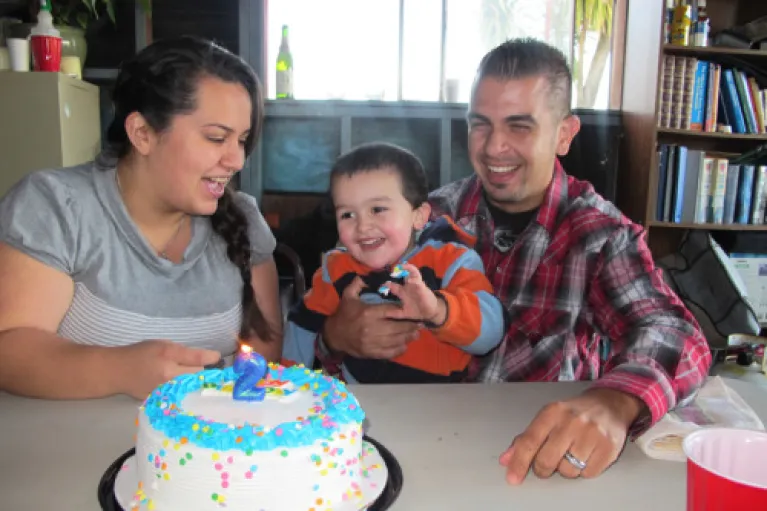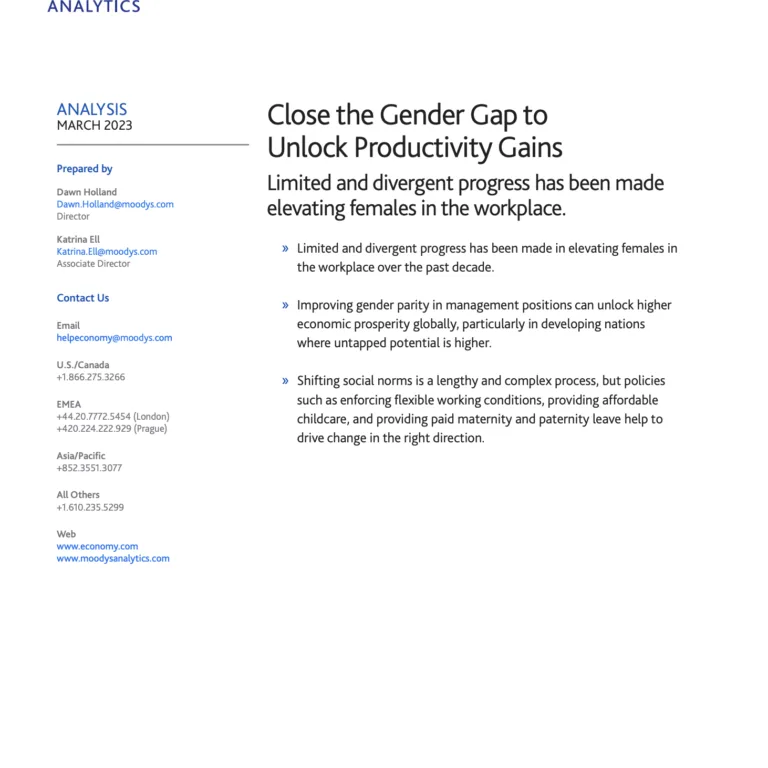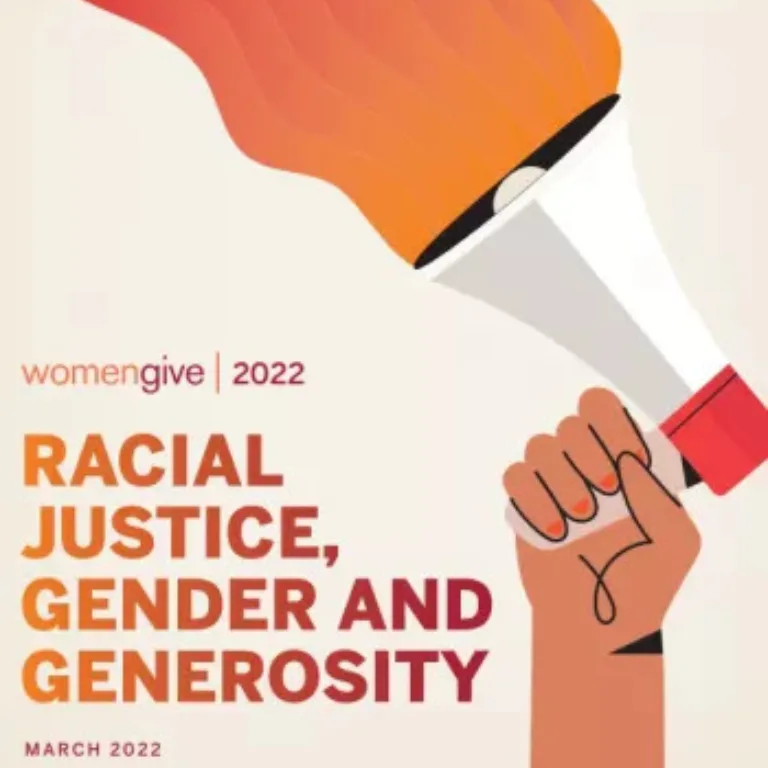

Equity in Focus
The Lens is a new offering that allows MCF donors to add an increased level of intention to their philanthropy by using an equity framework. This framework can be focused on race, on gender, and more.
It has 3 pillars, providing donors with the opportunity to engage through giving, investing, and connecting.
Giving: The Lens provides a deeper way to examine nonprofit organizations. Using an explicit equity overlay it can assess programs, policies, organizational cultures, leadership roles and more, to uncover disparities and outcomes for specific populations. Understanding this will help donors view the challenges - and the solutions - with added focus, and craft giving strategies in a different way.
Investing: Through MCF’s Venture Impact Program (VIP), donors can invest in private mission-driven businesses, impact funds, and nonprofit organizations to provide specific populations - such as women, or people of color - with access to capital, entrepreneurial support, and the ability to build products and services which have a positive impact. Anywhere in the world.
Connecting: MCF will continuously curate learning opportunities, provide access to equity-focused conferences, and develop partnerships with organizations that offer regular gatherings and opportunities to connect.
Applying a Race Equity Lens to Your Giving
The race equity lens acknowledges that there are historically underserved and underrepresented populations and that fairness and equity are needed to guide the provision of opportunities for all groups. Its purpose is to provide donors with the ability to look critically at the organizations they seek to support, via a framework of suggestions and questions to help assess how organizations operate and who they are led by, understand who the nonprofits serve and, most importantly, assess the impacts of programs they implement, using race equity as a guide. In so doing, donors will be able look at a problem more clearly so that new solutions become visible, have a sharper focus on outcomes and uncover patterns of inequity.
A race equity lens can also be combined with other lenses, to illuminate the intersectionality of race, class, gender, sexual orientation and physical ability.
Applying a Gender Equity Lens to Your Giving
The gender equity lens acknowledges that historical and cultural gender norms – pervasive attitudes, conceptions and behaviors about gender – have fueled inequitable outcomes for women and girls.
Gender equity ensures tailored strategies are identified by, and equip, women, girls and gender-nonconforming individuals with the resources, power and opportunities necessary to achieve desired outcomes for all, regardless of gender.
Applying a gender equity lens allows examination of the root causes of gender biases and norms that lead to discrimination, oppression, and violence; prioritization of the experiences and needs of this population; and advancement of solutions intended to eliminate existing disparities.
Reports & research.

The Gender Snapshot
Produced by UN Women, Women Count & United Nations Dept. of Economic and Social Affairs
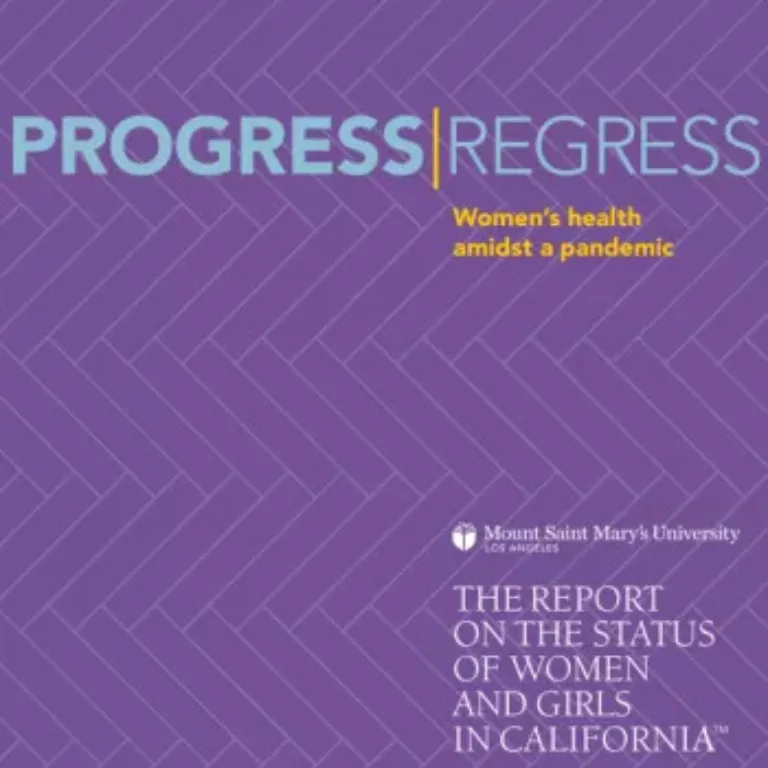
Progress | Regress: Women's Health Amidst a Pandemic
The report on the status of women and girls in California. Produced by the Center For the Advancement of Women, 2022
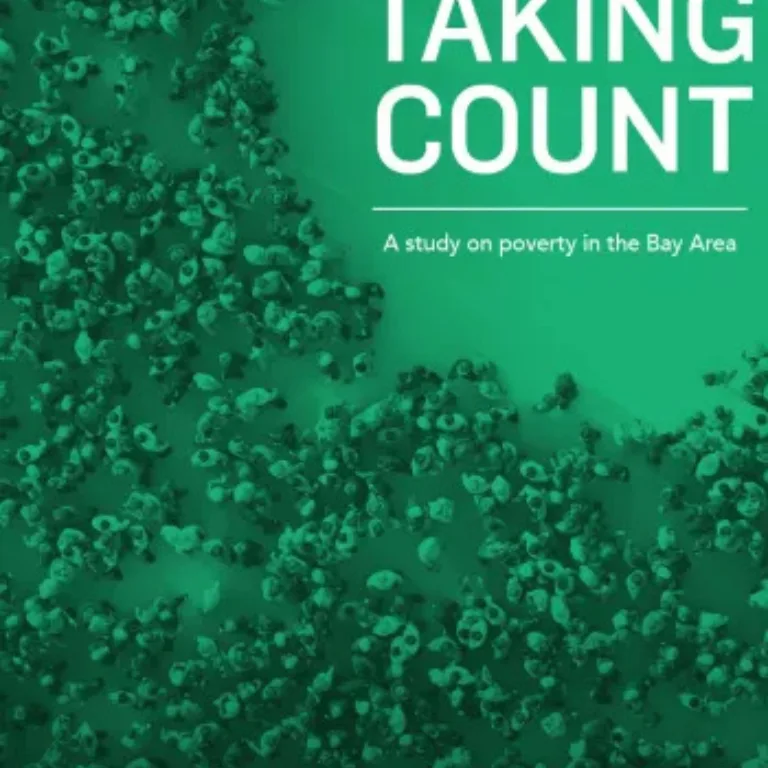
Taking Count 2021 - A Study on Poverty in the Bay Area
Published by Tipping Point Community, UC Berkeley and Othering & Belonging Institute at UC Berkeley
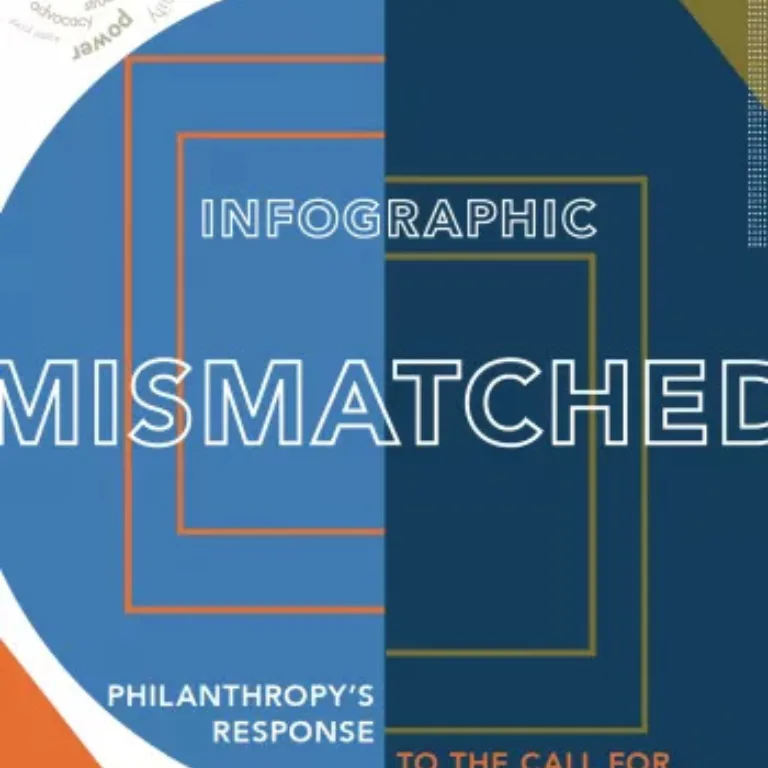
Mismatched: Philanthropy's Response to the Call for Racial Justice
Philanthropic Initiative for Racial Equity, by Malika Devich Cyril, Lyle Matthew Kan, Ben Francisco Maulbeck and Lori Villarosa
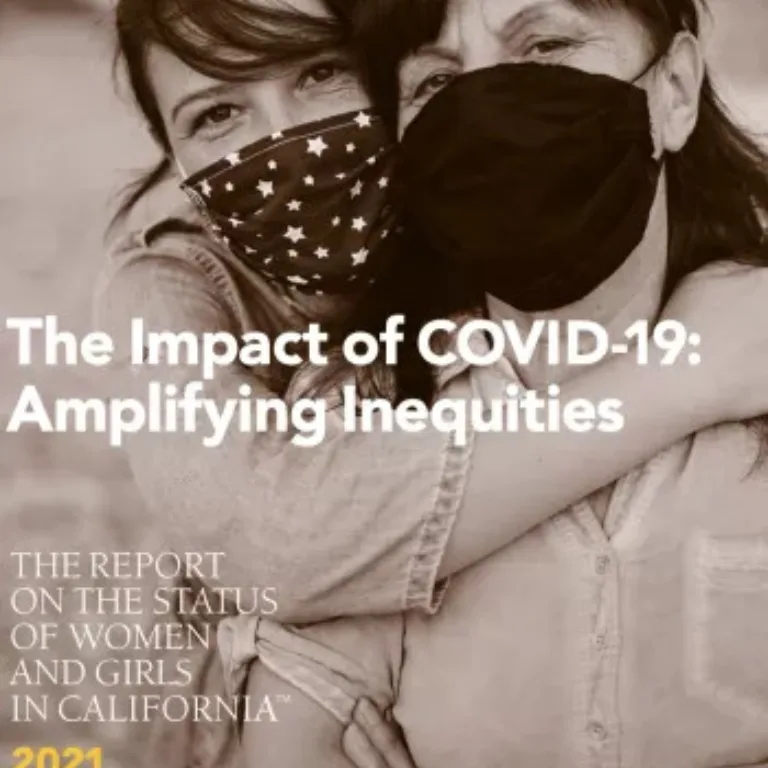
The Impact of COVID-19: Amplifying the Inequities, published by Mount St. Mary's University, Los Angeles, 2021
The Report on the Status of Women and Girls in California
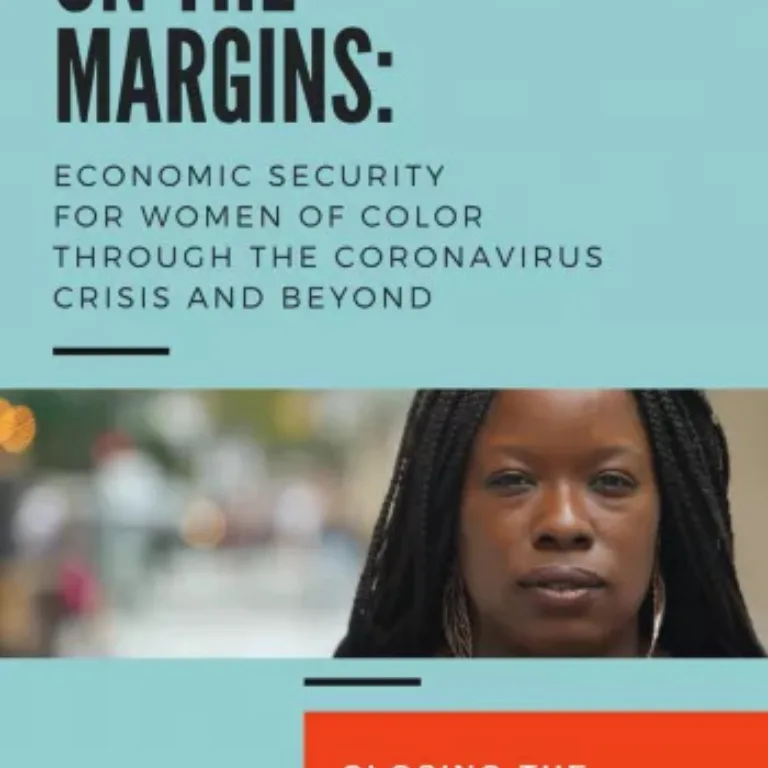
On The Margins
Economic Security for Women of Color Through the Coronavirus and Beyond, a report published by Closing the Women's Wealth Gap in April 2020

